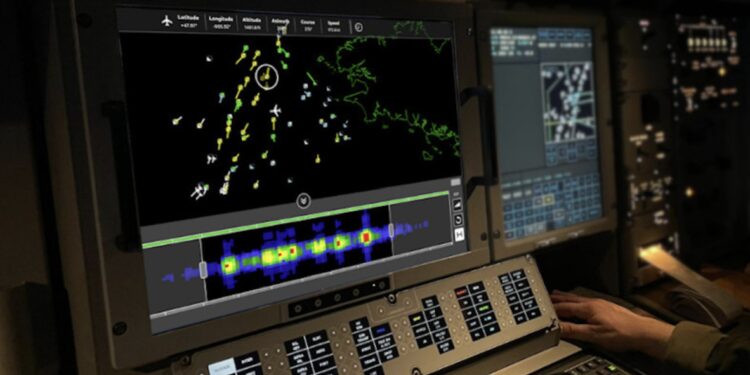There is a sharp rise in cybersecurity threats affecting the worldwide aviation sector, according to a new report by Thales Group, which has noted a 600% year on year rise in cyberattacks. The developments highlight the sotto voce strategy of a cyber war against airlines, airports, navigation systems and their complex supply chains; released prior to the Paris Air Show (16-22, June) resp.
Thales’ new insight, which was drawn from intelligence and incident data from January 2024 to April 2025, documented 27 principal attacks by 22 separate ransomware groups. An extraordinary 71 percent of these incidents were the result of stolen credentials or unauthorized access to systems of interest, indicating a transformation in the nature of the threat.
These attacks also seek to disrupt more than flights, now having reached strategic goals, such as industrial cyberespionage, theft of sensitive avionics and communications technologies, disruption of supply chains, and exfiltration of high-value data such as enticing diplomatic travel itineraries.
Ivan Fontarensky, CTO, Cyber Detection and Response at Thales, said: ‘These new threats come at a time when geopolitical conflicts are becoming entwined with cyber threats making it clear that the aviation industry has now turned into a digital battlefield.
Given the strategic nature of the industry to state sovereignty, worldwide economic welfare, and safe movement of people and goods, the industry becomes a key target for malign financial criminals, ideological hacktivists, and government-sponsored operations.
Well-documented examples highlighted in the report include a denial-of-service assault by a pro-Russian hacktivist gang targeting an airline and ransomware that disabled maintenance and supply systems in a number of key air transport hubs.
These events reveal the structural vulnerabilities of a tightly woven industry that can collapse under the weight of a single imperfection rippling through vital functions.
The global aviation cyber security market is valued at $3.36 billion in 2020, and is expected to grow at a compound annual growth rate (CAGR) of 8.7% from 2020–2029. According to Thales, all aviation stakeholders need to take a more complete view of the cybersecurity challenge, which is increasingly gaining the upper hand, integrating AI as an ally, and strengthening the bond between the public and private sectors in order to buttress cyber resilience.








![Discover the Top 10 Daily Cybercrime Insights – FCRF [16.06.2025] Discover the Top 10 Daily Cybercrime Insights – FCRF [16.06.2025]](https://sumtrix.com/wp-content/uploads/2025/06/A16-75x75.jpg)

![Online Scam Cases Continue to Rise Despite Crackdowns on Foreign Fraud Networks [Myanmar] Online Scam Cases Continue to Rise Despite Crackdowns on Foreign Fraud Networks [Myanmar]](https://sumtrix.com/wp-content/uploads/2025/06/30-12-120x86.jpg)





